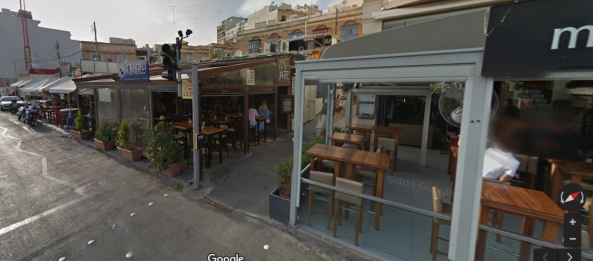Around seven months ago, the Court of Appeal, presided by Chief Justice Mark Chetcuti, had concluded that the hospitals’ deal appeared fraudulent. While the original court decision had blamed Vitals/Stewards for this fraudulent deal, the Court of Appeal went one step further. Confirming the cancellation of the contracts, the Court of Appeal stated that it believed there was collusion between Vitals/Stewards and senior government officials or its agencies.
Collusion signifies secret or illegal cooperation or conspiracy to deceive others. This is the certification the Court of Appeal delivered after examining the government’s handling of the hospital privatisation process.
Faced with such a certification any democratic government would have immediately shouldered political responsibility and we would have had resignations on a large scale, in government and in the wider civil service. Not in Malta. Except for the government’s taking over the direct control of the hospitals, it was as if practically nothing had ever happened.
This is the background to last week’s conclusion of the magisterial inquiry into the hospitals’ privatisation deal. While the Court of Appeal had concluded that senior government officials were complicit in the privatisation fraud, the magisterial inquiry is expected to identify who did which part of the dirty job. This is presumably the reason for the long list of persons who have been identified by the magisterial inquiry to answer for their actions.
Some readers will undoubtedly remember that, way back in October 2014, the Labour government had secretly signed a Memorandum of Understanding (MoU) with potential investors who were interested in “investing” in the Maltese health system. This had been revealed in one of the Auditor General’s reports investigating the hospital scam. The information that these same investors had in hand as a result of this MoU was subsequently utilised when six months later a public call for expression of interest was issued for the privatisation of the hospitals. It gave them an unfair advantage over all others who were interested.
What followed were various manoeuvres as a result of which the Maltese government representatives were “convinced” that they had a good deal in selecting Vitals Global Health Care to take over the running of the hospitals.
As a result, we have had detailed investigations by the National Audit Office and the magisterial inquiry which was triggered by NGO Repubblika.
Subsequent to the conclusion of the magisterial inquiry the first names of those to be accused of wrongdoing have been published. We have holders of political office, senior government officials, professionals in private practice, and persons in positions of trust all of whom are being accused of having a finger in the pie through fraudulent action, corruption and money laundering. At the time of writing, the details are not yet known as the legal jargon in which the criminal charges are framed is too general and wide-embracing.
Should matters have arrived at this point?
It has taken almost ten years for this fraudulent exercise to be uncovered and brought under control. Yet, had the institutions functioned properly it should have been nipped in the bud and never even happened. What was the role of the civil service in the creation of this mess? The presence of three Permanent Secretaries (and other civil servants) among those facing criminal charges indicates that the inquiring magistrate may have possibly identified an answer to this question.
Prime Minister Robert Abela has, in the past days, shed many crocodile tears in expressing support for a number of those facing criminal charges. He has also single-handedly contributed to the creation of an atmosphere of distrust in our judiciary. He should know better than that. Robert Abela should immediately desist from further undermining confidence in the courts and, from endangering the rule of law in our country.
The judiciary should be able to carry out its work without pressure and intimidation so that justice can run its course. Having already been at the receiving end of the impacts of grey-listing, Malta cannot risk further reputational damage as a result of Robert Abela’s hysterical outbursts.
published on the Malta Independent on Sunday : 12 May 2024








